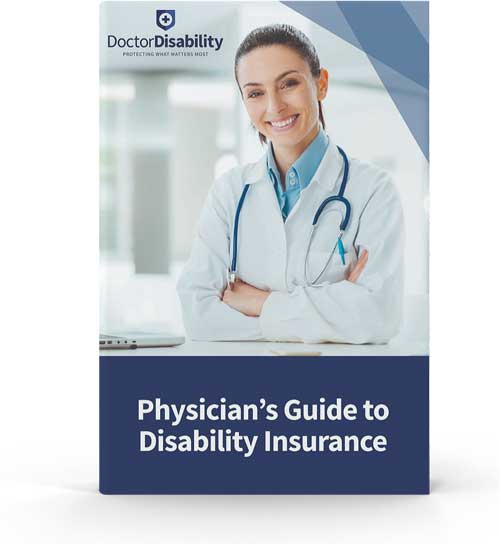Monthly benefit: This is the amount of money the insurance company will pay you each month you are disabled. The benefit is paid at the end of the month and is typically paid to you tax-free.
Maximum benefit period: When you become disabled, benefits are paid to you as long as you remain disabled, up to the maximum benefit period. Benefit period options are 2 years, 5 years, to age 65, to age 70 and to age 65 with lifetime extension. The longer your benefit period, the higher your premium.
Elimination period: The elimination period is the length of time you must wait after you become disabled before your monthly benefit will be paid. Options are 60, 90, 180 and 360 days. The most common benefit period is 90 days.
Definition of disability: The definition of disability determines when you are considered disabled. The best policies consider you disabled if you are unable to perform the duties of your current occupation. This is referred to as “own occupation”. The least desirable definition is a policy that considers you disabled only if you are unable to work in “any occupation”.
Guaranteed renewable and non-cancelable: This means that, as long as you pay your premiums when they are due, the insurance company cannot cancel your policy, change your policy provisions or increase your premium (up to age 65). The benefit to you is that once you qualify for the initial policy, your rates will never go up and the insurance company cannot change or terminate your contract.
Residual (partial) benefit rider: The residual benefit pays you a partial benefit if you have a partial disability. What this means is that if you get sick or injured and suffer a partial loss of income, you’d receive a benefit equal to the percentage of your lost income.
COLA rider: The cost of living adjustment, or COLA, increases your monthly disability payout during a period of disability to offset for inflation. This is important if you have a lengthy disability claim.
Guaranteed Insurability Rider: This rider provides a guaranteed option to buy additional disability insurance in the future without health requirements (no medical exam/questions). Financial underwriting is required, but an injury or illness would not prevent you from purchasing additional insurance. This option is especially important to professionals who expect a large increase in their future income – like medical residents/fellows.





























